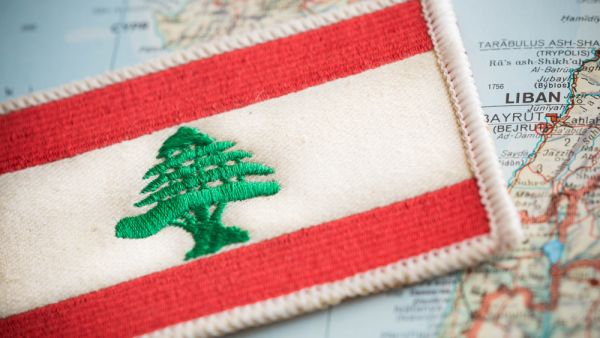Lebanon will resort to a disorderly default if creditors are unprepared to negotiate, broadcaster LBC quoted Finance Minister Ghazi Wazni as saying on Monday.
Wazni also said assets held abroad such as gold will be difficult for investors to seize.
He also noted that there were “many steps” that could be taken to resolve the deep problems faced by Lebanon’s commercial banks and that merging them was a “prerequisite” as well as injecting $20 bln - $25 bln of liquidity from abroad.
Wazni told the broadcaster the central bank had $29 billion in reserves and that $7 billion had been given to local banks to help them meet internal and external obligations, according to Reuters.
He said the first major government reform being prepared was focused on the electricity sector and that proposals for reducing government spending include raising the electricity tariff, a value-added tax on luxury goods and raising fees on some goods without increasing taxes on gasoline.
Lebanon announced on Saturday it could not meet upcoming debt payments, saying critically low foreign currency reserves were needed to cover essential imports and calling for “fair” restructuring talks.
The country’s $1.2 billion Eurobond matured on Monday, part of a roughly $31 billion portfolio of bonds the country is seeking potentially to restructure.
Earlier, the country's Economy Minister, Raoul Nehme, told Reuters he did not yet have a sense of what choice investors would make but expected it would take “a few weeks” for them to decide.
“We are proposing to them to work hand-in-hand to find a solution, which is always better than litigation,” Nehme told Reuters in a telephone interview.
“But it is their choice to decide whether to cooperate or to go legal.”
“The banks in Lebanon have announced they would like to cooperate and not to go legal, and we understand they are speaking with other bondholders in order to convince them to cooperate and to come to the negotiating table,” he noted.








